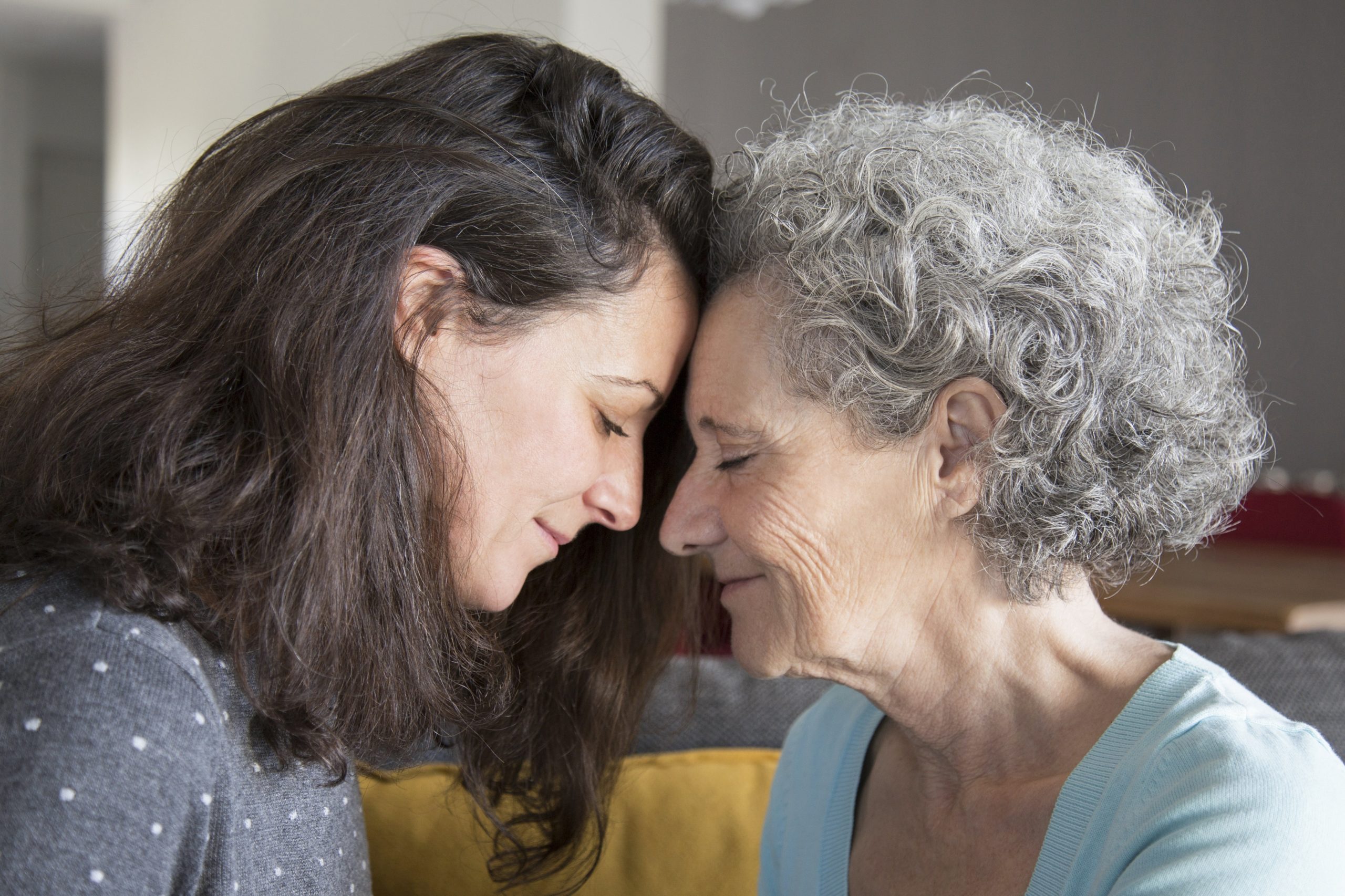6 Ways ViaQuest Hospice Program Keep You Out of the Hospital
No one is ever enthusiastic about the idea of going to the hospital. But in the era of COVID-19, a trip to the hospital has potential to cause more than just inconvenience – especially for people with COPD or CHF.
A trip to the hospital has always carried some risk of infection, and that risk has increased considerably due to the prevalence of COVID-19. Staying out of the hospital means staying away from an area with higher CHF and COPD COVID risk, and with the ViaQuest Hospice, you need not miss out on any essential services.
“Say a patient goes to the hospital for an exacerbation. The patient will be tested for COVID, likely due to them complaining of cough and shortness of breath,” says Hannah Cunningham, respiratory therapist for ViaQuest. “COVID comes out negative, but exacerbation is bad enough that the patient needs admitted. As much as most of us like to think the hospital is the most sterile place to be, unfortunately, that is not always the case.”
There’s no need to delay hospital visits for things such as blood work, testing or rehab when those things come directly to you. On top of that, the ViaQuest Hospice is covered by Medicare, Medicaid and most private insurance, so there’s no worrying about costly tests or ambulance rides.
It’s Available Whenever You Need it
The hospital never closes for the night, and neither does our home health care for COPD patients. A commitment to 24/7 on-call nursing services means that, no matter when you feel an exacerbation or other complication coming on, you can get the medical assistance you need.
Everything Is Tailored to Your Needs
The ViaQuest team works closely with patients who qualify, as well as their families and primary physicians, to devise an individualized COPD home care plan. Physicians, nurses, home health aides, social workers, therapists, chaplains and volunteers all contribute to your care, creating a dedicated support system meant to keep you healthy at home.
“I try to make each experience individualized to the patient,” Cunningham says. “I look at their medication regimen and daily routine, and offer recommendations to help with their breathing. This gives a more personal touch, and I can spend as much time with them as needed, versus at the hospital where it is busy and the wait may be hours.”
It Has Everything You Might Need in a Physical Hospital
Advances in technology make it possible for the ViaQuest Hospice to bring all the relevant resources directly to you. In addition to standard supplies, the program can also bring medication and equipment to relieve an exacerbation. Equipment available includes:
- Oxygen
- Oxygen supplies
- Nebulizers
- Nebulizer supplies
- CPAP
- BIPAP
- Adaptive devices such as walkers, shower chairs and hospital beds
It Keeps Stress Levels Down
The prospect of going to the hospital for an exacerbation can trigger stress and anxiety – and stress and anxiety can trigger, or worsen, an exacerbation. ViaQuest Hospice breaks the cycle by removing that risky trip from the equation. Our team can also help patients understand new symptoms, helping them better decide what warrants further care or treatment. And it isn’t just patients who benefit; family members and caregivers have less to fret about, too, knowing that support is on the schedule or just one call away.
“It also helps keep the patient indoors during extreme cold and hot weather conditions that can trigger an exacerbation,” Cunningham says.
It Helps You Get Proactive
Most people with COPD, CHF or similar conditions know the importance of breathing techniques to help regulate symptoms. As part of our customized care plans, the our team will teach exercises that make sense for you specifically, including breathing treatments and coughing exercises.
Small Changes Add Up
In addition to social workers and medical professionals, the ViaQuest employs home health aides who can help with household tasks that prove difficult or dangerous for patients. That means small meal preparation, personal hygiene and light cleaning – including cleaning of equipment such as nebulizers, cannulas, oxygen concentrators and beyond. That keeps the equipment in optimal condition, which lowers the chances of problems down the road.
Stay Safe at Home with ViaQuest Hospice
Our services provide a means for COPD and CHF patients, as well as individuals with other illnesses, to access health resources and services without having to make a trip to the brick-and-mortar hospital. If you think this service would make a positive difference in your life, reach out to us today to learn more about signing up for it.

